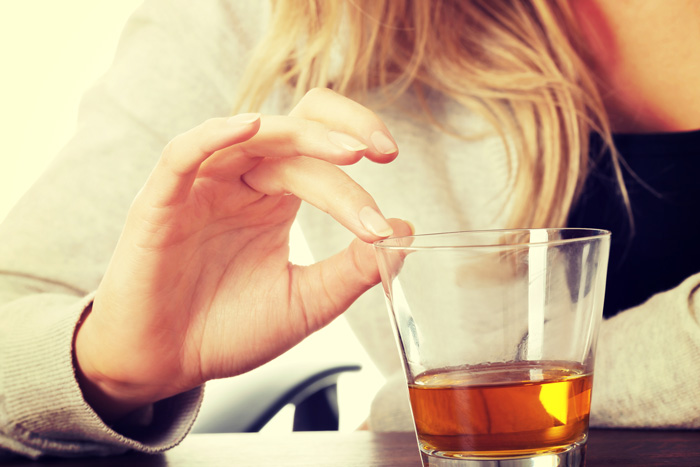Our society has shaped and influenced the way that we, as a whole, approach and interact with drugs—from unspoken connotations to sin-like shame to glamorization in the media.
Specifically, the influence of gender stereotypes has followed every part of the alcoholic process—from initial consumption to substance abuse to addiction recovery.
Due to these stereotypes and help from pop culture, this image has persisted of an almost-caricature alcoholic looking like a red-faced, violent, old man. While this association is certainly not as bold as it once was during the Prohibition Movement, its connotations have lingered. For example:
- Alcoholics are always physically destructive to others and their surroundings.
- Pubs are a male-dominated place.
- Women do not drink as much as men do.
How Stereotypes Began
At one point in time, these stereotypes unfortunately were tied to a reality. According to a survey that analyzed 4 million people who were born between 1891 and 2001, men used to be far more likely to drink than women (BBC News). Indeed, they were three times as likely to consume alcohol to problematic levels and to develop related health problems like liver cirrhosis and addiction as we know it now.
However, today’s reality surrounding gender and alcohol has changed despite these deep-seated stereotypes. The same survey was explained by BBC to reveal that this gap between genders and alcohol consumption was actually closed around the beginning of the 21st century. Men were now only 1 times more likely to drink alcohol at all and a much lower 1.2 times as likely to drink to problematic levels and to develop related health problems.
Today’s reality surrounding alcohol and gender could be interpreted as an improvement, but there is still a long way to go since addiction and its stereotypes is still present. While also being a harmful contribution to outdated, binary-enforcing norms, reasoning excessive, abusive alcohol consumption with gender stereotypes is problematic for multiple other reasons.
Why Stereotypes Are Dangerous
Stereotypes take away from the reality of addiction as a biological disease rather than attributing it to a consequence of unhealthy masculinity or a betrayal of the feminine caregiver quality. Another reason that the stereotypes surrounding gender and alcohol consumption can be toxic is that they can reinforce the myths surrounding substance abuse that might deter people from receiving the recovery help that they need.
These subtle connotations have been engrained for so long in our culture and upbringing that they often can pass by unnoticed or even become something we expect. If that resonates with you, it is okay. Becoming aware of these subconscious associations is the first and sometimes the hardest step in defeating societal pressures and stigmas! It is unlikely that anyone could completely block out these mental triggers forever, so what matters is that when you do notice them, you intentionally turn away from it—you do not just gloss over it or shrug it off.
Common gender and alcohol scenarios that are problematic:
- She is not an addict because I have never seen her be physically violent or destructive.
- Binge drinking beer is not unhealthy when it is with friends on game day—it is a manly tradition!
- As parents, we feel a responsibility to warn our daughter of how dangerous men can be when they get extremely intoxicated.
Moving Forward
The next time you catch yourself falling into one of these problematic reasonings, take a moment to gain perspective. Ask yourself: Is this an assumption? Am I being influenced by a societal projection? Would I still say this if I was talking to someone of a different gender? Would I still feel okay about this if I was a different gender?
Putting the destructive effects of gender stereotypes aside, it is important to reinforce that drugs and alcohol can potentially lead to addiction for anyone. And on the other side of that same coin, recovery and sobriety is always an option for everyone regardless of their gender.
(314) 464-0222. We’re here to help.










